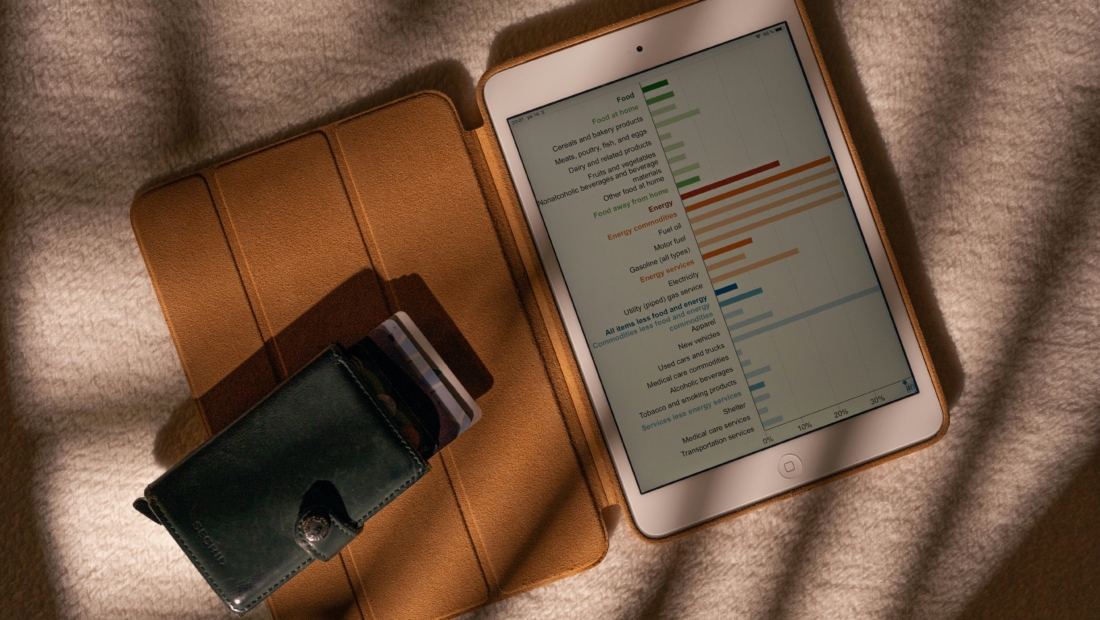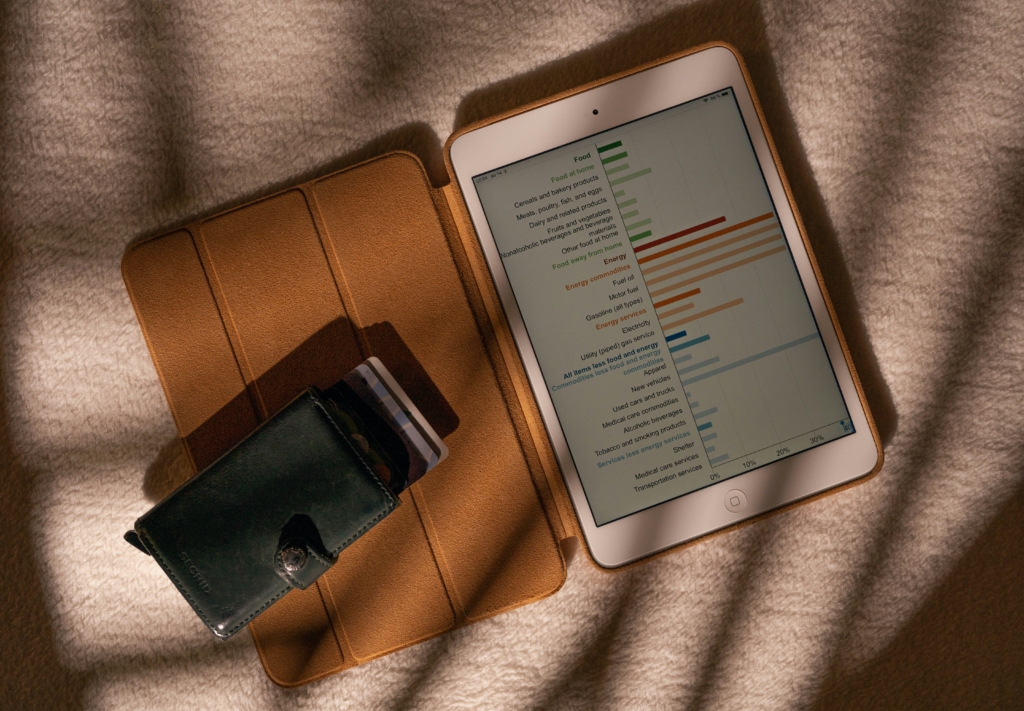The 5 Main Business Credit Bureaus

Build strong business credit
with your EIN

In the business credit world, there are five main credit reporting agencies. These credit bureaus gather information about your company and resell it to others that want to predict the risk of loaning money to your company.
It’s wise to understand who the business credit bureaus are and how they operate. After all, your business credit details can have a meaningful impact on your company’s ability to borrow money, secure competitive financing terms, work with suppliers, attract investors, and more.
Plus, if you ever experience problems with one of your business credit reports (i.e. identity theft, credit errors, etc.), knowing which business credit bureau to contact might help you resolve the issue faster.
Below is an overview of the five primary business credit bureaus. You’ll also find details about some of the business credit scores these companies use to evaluate credit risk.
Dun and Bradstreet
Dun & Bradstreet, or D&B, is the oldest credit bureau in the United States. It was founded in 1841, originally under the name of the Mercantile Agency, and had the goal of helping merchants evaluate the creditworthiness of their business customers.
Today, D&B collects information on vendor tradelines and maintains credit files on more than 265 million businesses across the globe. These tradelines, or “Trade References” as D&B calls them, are the basis for your company’s credit score with D&B — the PAYDEX Score.
PAYDEX Score
To qualify for a PAYDEX Score, your company must have at least three vendor tradelines on its D&B business credit report. If D&B hasn’t already created a credit file for your business, you will also want to request a free D-U-N-S number online to establish your D&B file.
Once your company has completed the initial steps and is eligible for a PAYDEX Score, you’ll receive a score somewhere between 1 and 100 based on your business’s creditworthiness.
Tip: Paying your credit obligations early may help you earn a higher PAYDEX Score. With the D&B PAYDEX Score, your company’s payment history is the sole credit score factor that matters.
Just as a higher FICO Score® means that you’re a better credit risk, a higher PAYDEX Score indicates that your business is more likely to repay its credit obligations on time. Meanwhile, a lower score indicates the opposite.
Here’s how a lender might view your company’s credit risk level based on its PAYDEX Score.
Understanding the PAYDEX Score
| PAYDEX Score Range | Explanation | Risk Level |
| 0-49 | Pays more than 30 days late | High Risk |
| 50-79 | Pays 15 to 30 days late | Medium Risk |
| 80-100 | Pays on time or early | Low Risk |
Source: Credit Strong
Experian
Experian is one of the three major consumer credit agencies as well as one of the business credit reporting agencies. Although the company maintains files on both individuals and businesses, the two types of credit history are separate.
Other businesses, like lenders or suppliers, can purchase your company’s Experian business credit report to learn more about how your business manages its credit obligations. These companies can also view your company’s credit score from Experian — Intelliscore Plus.
Intelliscore Plus™
Experian’s Intelliscore Plus features a scale of 1 to 100. Like other credit scoring models, a lower score tells the business viewing your score that your company has a higher risk of borrowing money and not repaying as promised.
Timely payments are once again essential to earn a good credit rating with Experian. But your business should also pay attention to its credit utilization rate (on any business credit card account) and avoid negative factors like collections, liens, or judgments.
It’s also worth pointing out that a lender can use the Intelliscore Plus to evaluate your business credit report or a combination of your personal credit report and business credit information together.
A good Experian Intelliscore makes it easier to qualify for small business lending products like a small business loan, credit lines, and other types of credit accounts. Lower interest rates and better terms on small business financing might also be available with a good business credit score.
Below is a cheat sheet to demonstrate how a lender might interpret your company’s Intelliscore Plus credit score.
Understanding the Intelliscore Plus
| Intelliscore Plus Range | Risk Level |
| 1-10 | High |
| 11-25 | Medium-High |
| 26-50 | Medium |
| 51-75 | Low-Medium |
| 76-100 | Low |
Source: Credit Strong
Equifax
Equifax is another credit reporting agency that maintains a presence in the business and consumer space. A creditor, lender, or other business can purchase an Equifax business credit report to make an educated decision about whether or not to work with your company.
You can purchase an Equifax business credit report on either your own company or other businesses online. The cost is $99.95 for a single Equifax business credit report or $399.95 for a multi-pack of 5.
Some of the details Equifax may include on your business credit report include:
- Business Tradelines
- Liens
- Public Records (Bankruptcies and Judgments)
- Payment History
- Credit Utilization (On Any Business Credit Card)
- Credit Inquiries
- Company Size
- Owners’ Names
- Etc.
Your Equifax business credit report might also include a business credit risk score. There are several different credit scoring models Equifax makes available to assess businesses, including the popular Equifax Business Delinquency Financial Score.

Equifax Business Delinquency Financial Score
The Equifax Business Delinquency Financial Score ranges from 101 to 650. The scoring model predicts the likelihood that your business will become severely delinquent on its financial accounts.
As usual, a higher score is better with this business credit scoring model. With an excellent score, you should have an easier time qualifying for business financing and the interest rate a lender or creditor offers you is likely to be more competitive as well.
Below is an overview of the Equifax Business Delinquency Financial Score range and what your score might translate to in the eyes of a lender.
Understanding the Equifax Business Delinquency Financial Score
| Equifax Business Delinquency Financial Score Range | Risk Level |
| 101-298 | High |
| 299-464 | Moderate-High |
| 465-553 | Moderate |
| 554-584 | Low-Moderate |
| 585-650 | Low |
| Additional Score Options | |
| Null | No Credit History |
| 0 | Filed Bankruptcy |
Source: Credit Strong
Paynet
PayNet is a business credit bureau with a focus on financial tradelines. It is one of the smaller business credit reporting agencies.
But PayNet still maintains data on over 22 million business contracts or over $1.7 trillion in commercial credit obligations from business leases to credit lines and more.
Equifax acquired PayNet in 2019. However, PayNet still operates as its own independent division of the larger credit bureau.
If your company has a business credit report with PayNet, here are some of the details that you might find on it:
- Payment History
- Delinquency History (If Applicable)
- Years in Business
- Years Experience in Borrowing
- NAICS Codes
- Etc.
Your PayNet business credit report might also feature a business credit score, such as the PayNet MasterScore.
PayNet MasterScore®
The PayNet MasterScore ranges from 500 to 800. The business risk score is popular among companies that issue business leases and for financial institution small business lending.
What is a good business credit score from PayNet? As usual, the answer to this question depends on the lender viewing your information. However, a higher score always indicates less risk.
Understanding the PayNet MasterScore
| PayNet MasterScore Range | Risk Level |
| 500-589 | High |
| 590-629 | Medium-High |
| 630-659 | Medium |
| 660-699 | Low-Medium |
| 700-800 | Low |
| Additional Score Options | |
| Null | No Credit History |
Source: Credit Strong
The SBFE
The last of the major business credit bureaus to cover is the Small Business Financial Exchange (SBFE). The SBFE, established in 2001, is a little different from the other business credit bureaus and is a member-owned credit reporting agency for small business lenders.
If a lender wishes to access reports from the SBFE, it must first agree to contribute information to the business credit bureau. Only the following types of companies are eligible to join the SBFE:
- Small Business Lenders and Creditors
- Owners of Small Business Credit Obligations
- Services of Small Business Credit Obligations
SBFE credit reports do not feature any type of business credit score. However, they may contain the following types of information about your company:
- Business Lease Payment History and Details
- Business Loan Data
- Credit Card Payment History
- Negative Payment Data
- Business Identification Details (Legal Business Name, Address, EIN, D-U-N-S Number, NAICS Code, etc.)
Moving Forward
Strong business credit can be a valuable asset for any business. So, if you’re ready to build business credit, you’ll want to start by opening accounts that:
- Feature easier qualification criteria
- Report to the major business credit bureaus
Finding these types of business tradelines can be a challenge. But the process is easier if you know where to start.
For example, some net-30 accounts (aka trade credit) with vendors and suppliers may offer easier approval criteria. A business credit card may also work, especially if you have a good personal credit score. However, if your personal credit is damaged, it can be difficult to qualify.
Business Credit Builder Loans
Perhaps one of the best ways to establish good business credit is to open a business credit builder loan (and, of course, manage it responsibly). Even if you’re a newer business, or new to business credit, you might be eligible for this type of tradeline.
The Credit Strong Business Credit Builder Account allows eligible businesses to open a secured installment loan with their EIN. If you qualify, your company’s loan funds are locked inside an FDIC-insured business savings account to serve as collateral for the loan.
You then make small monthly payments toward your loan for up to a total of 120 months. If you pay on time, you can establish up to 10 years worth of positive payment history for your business. You can also cancel your business credit builder account anytime, free of charge.
As an added perk, the Credit Strong Business account comes with free monthly access to your business credit score — the Equifax Business Delinquency Financial Score Grade.
Monitoring your business credit information can make it easier to build strong business credit that could benefit your company for years to come.
CreditStrong for Business is the only 0% interest business credit builder in the nation
